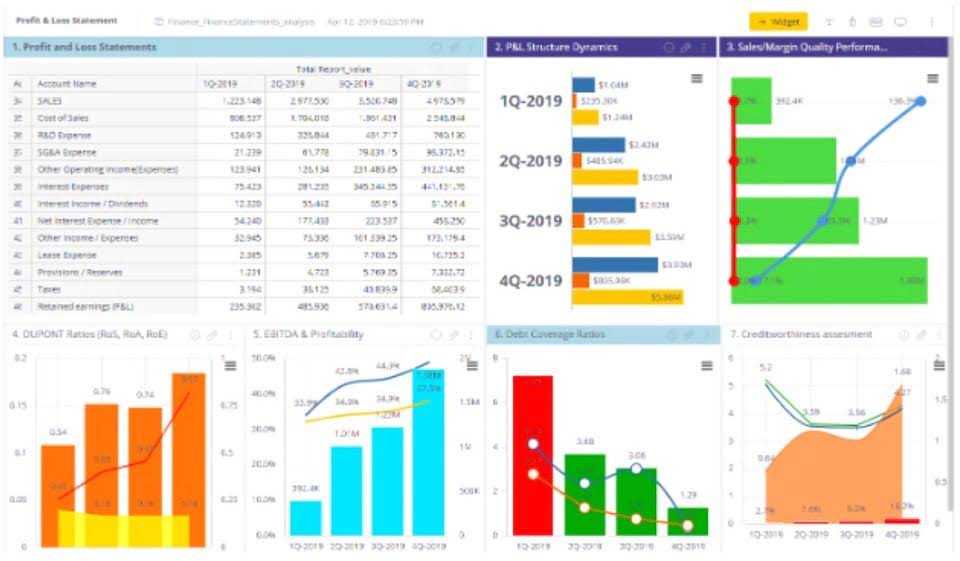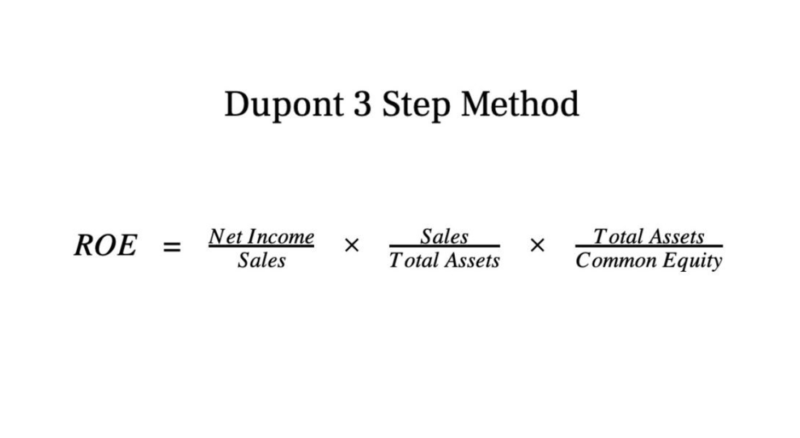26 Oct Best Legal Accounting Software for Law Firms, Lawyers, and Attorneys Offices

To prevent misappropriating funds from other clients, remember to only charge your clients normal balance for fees directly relating to their trust account. If you’ve ever wondered whether you can be an accountant at a law firm, the answer is unequivocally yes. To qualify for law firm accounting jobs, candidates typically need a bachelor’s degree in accounting or finance, complemented by relevant accounting certifications such as CPA or CMA.
Q. What are the accounting requirements for a law firm?

This makes determining when and how to record revenue critical to accurately reflect work performed and value delivered to clients. Which method you choose will affect cash flow, tax filing, and even how you do your bookkeeping. Once your business bank accounts are up and running, you should avoid mixing your personal and business finances. A business savings account is a good place to store money you’re setting aside for taxes and unforeseen emergencies.
Don’t borrow money from an IOLTA

This specialized attention ensures the firm remains financially sound while maintaining the highest ethical standards. Accurately recording financial transactions is crucial to ensure compliance and effective financial management. This position demands a keen understanding of legal industry regulations and ethical standards in financial management, coupled with exceptional analytical and organizational skills. Maintaining a designated operating account for business transactions is also necessary to law firm accounting services manage operational expenses efficiently while adhering to trust accounting regulations.
- This dual expertise enables them to navigate and interpret complex legal standards and translate them into financial implications.
- Documenting billable hours and expenses ensures clients are appropriately charged for services rendered.
- Because of poor training, lack of accounting help, or differing IOLTA rules across state lines, many attorneys are unfamiliar with what they are and aren’t allowed to put into an IOLTA account.
- Once you develop a bookkeeping system, business owners will want to consider working with a CPA or professional tax accountant around tax time to handle tax returns.
- We’re on a mission to help every high-income professional achieve financial independence.
Ensure you have the right bank accounts set up
Hiring professionals is common for law firms, and it’s an easy route to peace of mind. Just as your clients rely on your expertise with the law, there comes a point when you need to call in accounting professionals. Whether it means using legal accounting software to simplify and automate your accounting, hiring a professional legal accountant, or both—don’t be afraid to delegate when you need to. By establishing—and following—best practices for accounting for law firms like the examples below, you’ll be better able to help your firm stay on track.
How to Establish Clear Financial Policies and Procedures for Law Firms

Experience helps in gauging how well-versed the professional is in understanding the intricacies of client trust accounts, fee arrangements, and the reporting obligations unique to the legal profession. Moreover, ask them about specific challenges they have addressed and how they can assist your firm in navigating the roadblocks of its financial landscape. The effectiveness of legal accounting fosters efficiency in the risk management of the firm. Regular monitoring and reconciliation of accounts help identify discrepancies Legal E-Billing early, enabling law firms to address potential issues before they escalate into bigger roadblocks.

